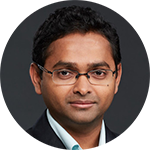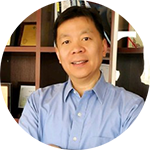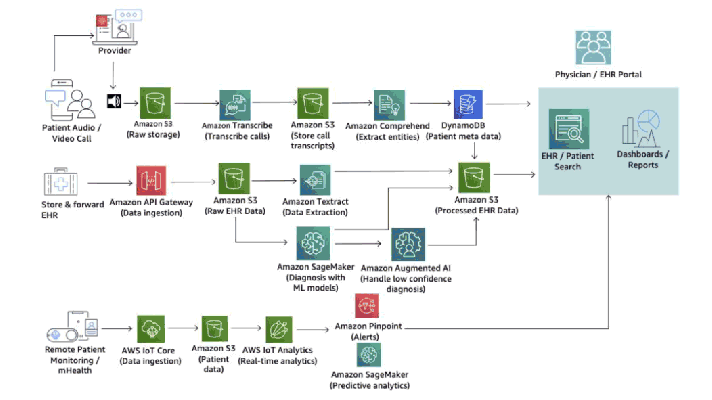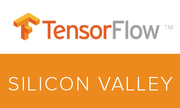
The recent TensorFlow mega meetup in Silicon Valley was dedicated to practical use of TensorFlow. Speakers presented how they are implementing deep learning mechanisms for healthcare, finance, and Industrial Internet (including aerospace and transportation). Below are the full recordings of the six great talks.
How can deep learning help to design safer medicine?
Olexandr Isayev from the University of North Carolina at Chapel Hill explained how to make use of virtual screening, demonstrated what next-gen cheminformatics platforms can potentially become, and spoke on the advantages of transfer learning.
Sense making in IoT: sensor data analysis + deep learning
Natalia Vassilieva of Hewlett Packard Labs demonstrated a use case on applying deep learning for industrial purposes. In this session, she touched upon the following topics:
- Would deep learning work for sensor data and why?
- Does the existing infrastructure / algorithms fit sensor data?
- The machine and distributed mesh computing
She also spoke about the challenges of DNN training, overviewed the types of artificial neural networks, analyzed the evolution of IoT, and made some predictions for the future of deep learning and edge analytics.
Industrial use cases: deep learning in aerospace
In their presentation, Vivek Venugopalan, Michael Giering, and Kishore Reddy of United Technologies Research Center (UTCR) introduced the audience to deep learning activities carried out at UTCR and provided an overview of their GPU infrastructure. Then, the speakers proceeded with the following use cases:
- Occlusion edge detection
- Multi-modal sensor registration for vehicle perception
- Sensor estimation on Pratt and Whitney jet engines
- Estimating Chiller power consumption in integrated building systems
- Using smartphones to perform Elevator maintenance
Embedded deep learning and intelligent video analytics
Hai Tao of Beijing Vion Technology demonstrated a typical intelligent video analytics system (IVA) and overviewed a scope of products available in intelligent transportation systems, what they are capable of ( brand / model / color / driver behaviour recognition), etc. He also demonstrated what data analysis systems for IVA look like, as well as presented a prototype of the ADAS algorithm framework.
Chart pattern matching in financial trading using RNN
Hitoshi Harada of Alpaca presented a use case of how they applied deep learning within the Capitalico platform, which is targeted at improving trading experience for the finance industry.
Anomaly detection / categorization with unsupervised DL
According to Stephen McGough’s presentation, 90% of all the data in the world has been generated over the last two years. Furthermore, 85% of this data is held in unstructured formats. Stephen shared his view on the issue, overviewing possible solutions to extracting the most pertinent information, industries to apply such solutions, etc.
Join our group to get informed about the upcoming meetups!
Further reading
About the speakers
Olexandr Isayev is Research Scientist at the University of North Carolina. He has a master’s degree in chemistry from Dnipro National University and a PhD in theoretical chemistry from Jackson State University. Olexandr is passionate about connecting artificial intelligence with chemical sciences. His current research interests focus on solving fundamental chemical problems with machine learning, molecular modeling, and quantum mechanics. Olexandr is also Director of Drug Discovery at Atlas Regeneration, where he combines artificial intelligence with biological analysis to develop regenerative medicine and stem cell differentiation technologies.
Natalia Vassilieva is Senior Research Manager at Hewlett Packard Labs. She obtained her PhD in mathematics, computer science, and information technology from Saint Petersburg State University in 2006 and was hired by HP Labs a year after. Natalia currently manages a software and artificial intelligence team, as well as works on performance characterization and modeling of deep learning workloads. She is also engaged in developing system software, programming paradigms, algorithms, and applications for Memory-Driven Computing, HP’s computer architecture.
Vivek Venugopalan Menon is Staff Research Scientist at United Technologies Research Center. He is analyzing and accelerating deep learning algorithms—prognostic health monitoring of jet engines, sensor perception, classification and visualization in unmanned aerial vehicles, as well as anomaly detection—for multiple applications. Vivek has a master’s degree in electrical and electronics engineering from Wright State University and a PhD in computer engineering from Virginia Tech. His research is focused on secure, trusted, and resilient computing, hardware acceleration, as well as deep learning.
Michael Giering is Technical Fellow at United Technologies Research Center (UTRC). He has a master’s degree in physics from Northeastern University, as well as a PhD in math, physics, and molecular science from Southern Illinois University. Michael also took courses in deep learning, TensorFlow, and natural language processing. Before joining UTRC, he had been working as Principal Machine Learning Researcher at Mars, Inc. for 10 years. Michael’s current job is focused on machine intelligence, data analytics, and human–machine interaction.
Kishore Reddy is Staff Research Scientist at United Technologies Research Center. He has a master’s degree in electronic systems and engineering management from the South Westphalia University of Applied Sciences, as well as a PhD in computer vision from the University of Central Florida. Kishore is currently a principal investigator for machine learning, computer vision, and data science projects, as well as a technical contributor in the areas of deep learning, human–machine interface, and computer vision. He is involved in the automation of visual inspection, object detection, as well as content-based video indexing, search, and retrieval.
Hai Tao is Founder and CEO of Beijing Vion Technology, Inc. He obtained his PhD in electrical and computer engineering from the University of Illinois Urbana-Champaign in 1999 and became Associate Professor of the University of California two years later. Hai’s company specializes in machine vision, artificial intelligence solutions, and business intelligence. His job is focused on smart retail technologies, such as traffic analysis, face recognition, heat maps, behavior analysis, and embedded vision systems.
Hitoshi Harada is Chief Technology Officer at Alpaca. His current job is focused on algorithmic trading, self-service investment automation, and asset management technologies. Hitoshi has experience of working for Dell EMC and PostgreSQL Global Development Group, where he participated in the implementation of SQL:2008 window functions. Before Alpaca, Hitoshi worked as Database Kernel Architect at Pivotal.
Stephen McGough is Lecturer at Durham University. He studied mathematics at Durham University as an undergraduate before obtaining a master’s degree and PhD in computing from Newcastle University. Stephen previously worked at Imperial College London, University College London, and Newcastle University. He has a keen interest in machine learning and specifically deep learning, which has developed as a consequence of his prior interests in mathematics and parallel computing. Stephen’s research areas include robotics, neural networks, computer vision, natural language processing, and deep learning. 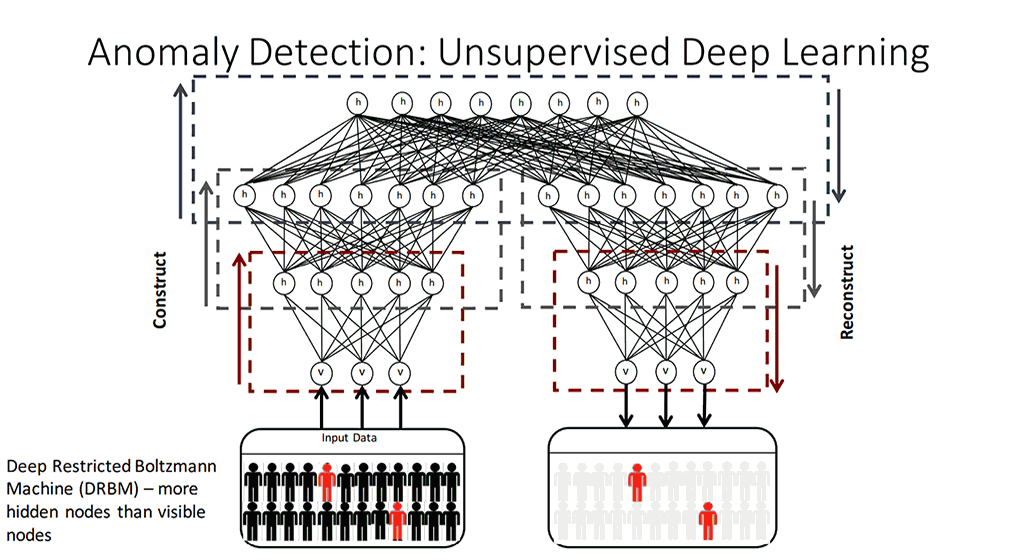
![]()







